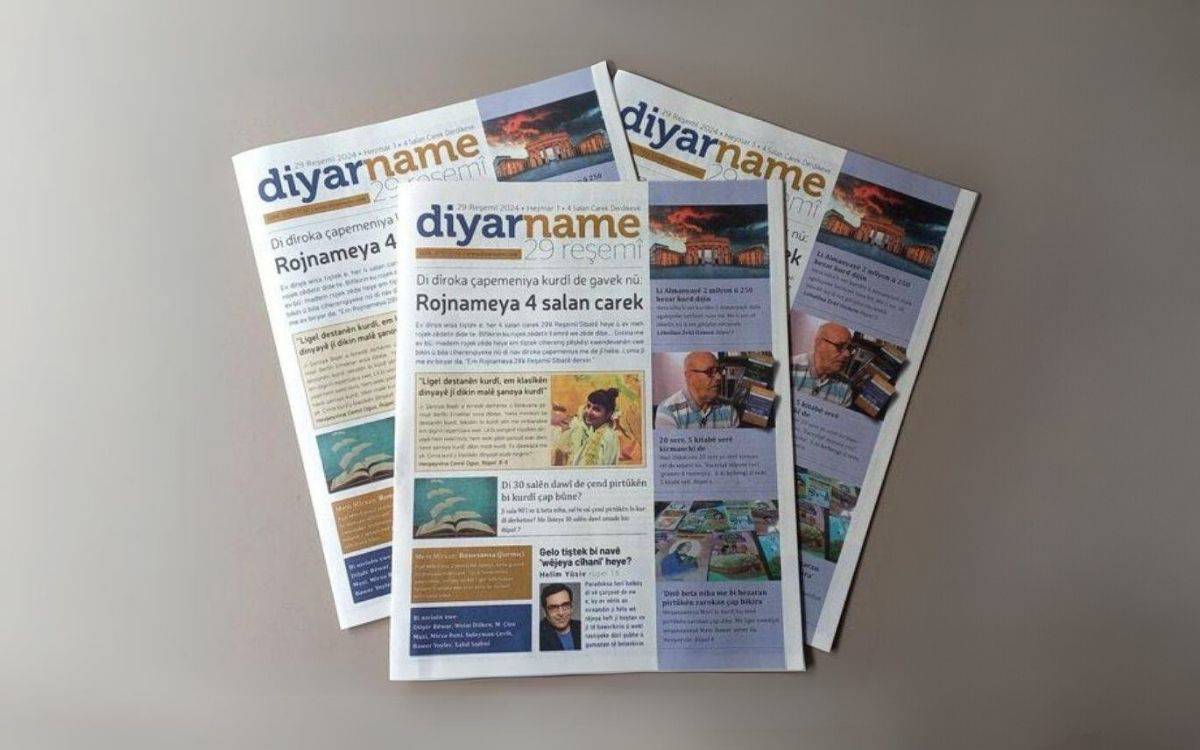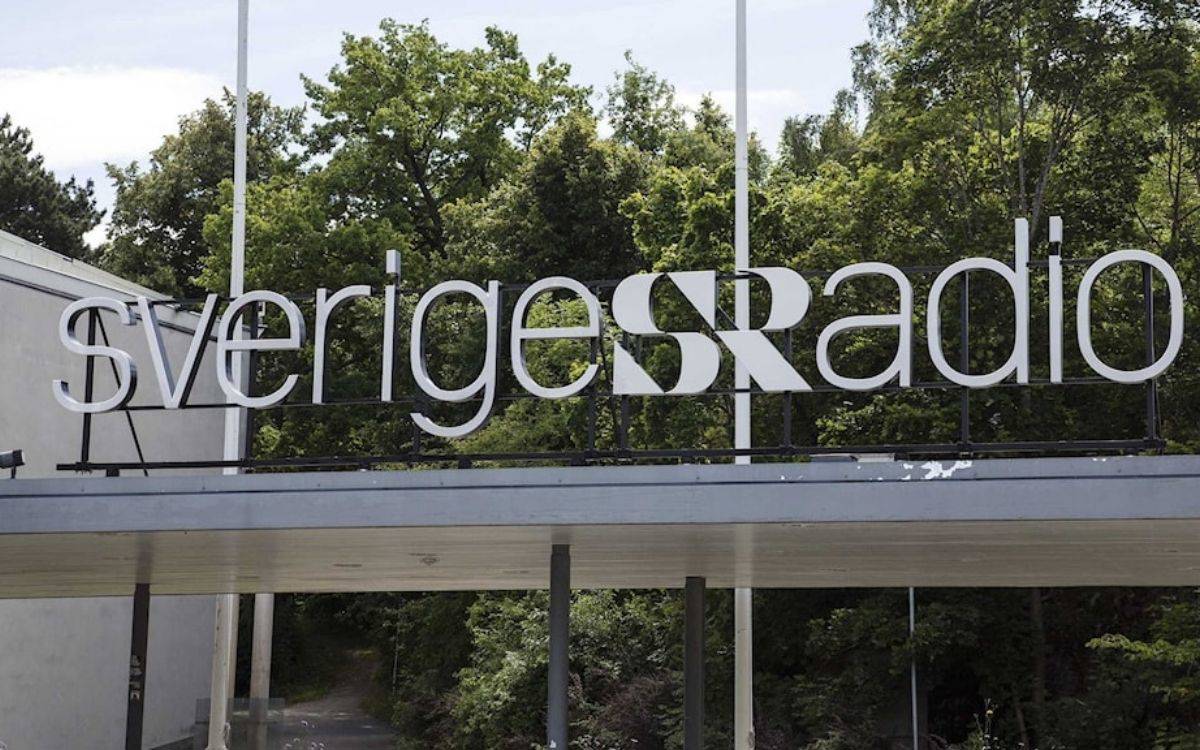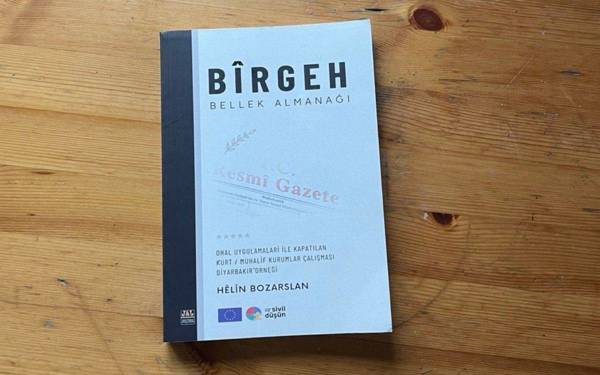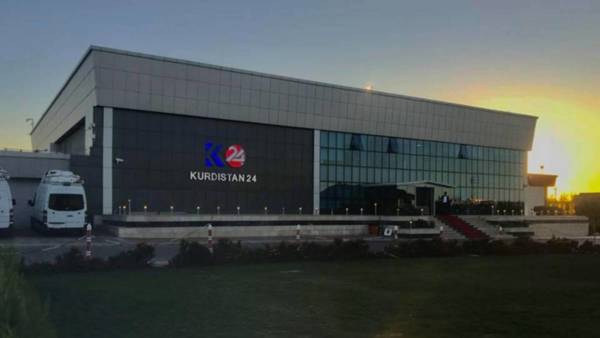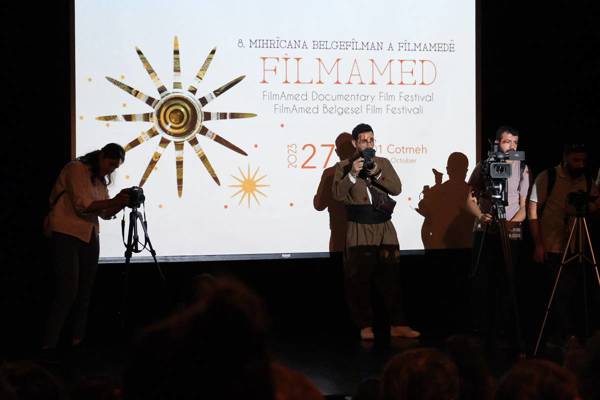Click to read the article in Kurdish / Turkish
After the Kurdish-German Culture Institute (Deutsch-Kurdisches Kulturinstitut) shared its archive of over 900 Kurdish songs 8 months ago, eight songs from this archive have been interpreted in classical music.
CLICK - Kurdish Song Archive of Radio Yerevan published as a book
Selected and interpreted as part of a project entitled "Dîsa" (Anew), the songs have been first published in the YouTube channel of the institute.
While four pieces by Hovhannes Badalyan (Romanî, Hoy Narê, Leylo Xanê and Keleşo) have been interpreted, the other songs are by Bêmale Keko (Navê Lenîn), Dawitê Xilo (Lêb Canê) Aslika Qadir (Kewên Gozel) and Sûsîka Sîmo (Lenîn Rabû Em Rizgar Bûn).
The project's producer is Özkan Öztaş and the music director is Yusuf Yalçın, who is the Concertmaster of Çukurova Symphony Orchestra.
Özkan Öztaş has spoken to bianet about the project where the songs have been played by the Nazım Ensemble.
Works on dengbêj 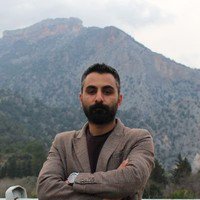 culture ignited the spark
culture ignited the spark
"Following the works shared with the audience by the Kurdish Institute of Germany, we thought about the ways in which we could further interpret these works and how we could find the opportunity to produce them anew.
"In the meantime, I was personally recording dengbêjs (pieces by singing storytellers and storytellers themselves) as I travelled. In a village in the district of Digor in Kars, a dengbêj sang a piece from Yerevan. I asked him where he listened to the record. He told me that it was by the Soviet dengbêjs, from Yerevan radio station; he said something like they were dengbêjs from conservatories. When I asked him what it meant, he said, 'They were the educated dengbêjs.' That surprised me. He was an old man living on the traditional dengbêj culture. I thought that he had first heard the word conservatory on Yerevan Radio. All these works ignited the spark.
"Afterwards, we talked to Mr. Yusuf Yalçın, the Concertmaster of Çukurova Symphony Orchestra, we discussed what we could do. The first thing that came to our minds was to sing the pieces as their originals. We could have also considered them to be pieces interpreted by a different singer. But we thought of doing it like this. In fact, the way these melodies were recorded, their original versions are really suitable for classical music. They are very close to the classical forms in terms of the harmonical structures and forms. They are multivocal, there are choirs, the instruments are in the western form. But we wanted to interpret this in a current, contemporary manner.
'We had three criteria'
"In picking the pieces, we had three criteria. First, the works that historically stand out in terms of Kurdish culture and history... Second, it is the Yerevan Radio and there are political elements. There is [mention of] Lenin. There are other things. They are - in quotes - what make the Yerevan Radio the Yerevan Radio. And the other thing was about the adaptation to classical music in terms of orchestration and rewriting of musical notes. We tried to take these three into consideration. We first picked 40 tunes among hundreds of others. Then, we have reduced it to eight.
'Dîsa has two meanings'
"It has two meanings. First of all, we are trying to reinterpret them. There is also a meeting of Radio Yerevan, the Soviets and culture of socialism with the Kurdish people. This nuance, this interaction there is important for us. We can basically say that it was an attempt to make them reunite.
'We want them to be accessible'
"They will be shared digitally. Actually, our basic motivation is that they will be accessed in the easiest way possible. They will also be shared on other platforms in upcoming days. We aim to ensure that they will be shared free of charge. People should not overcome an additional hurdle to access them. They need to be accessed directly. When we consider the average Kurdish laborer, they are agricultural laborers, they go to the west, dealing with all sorts of things, lynch and everything... Construction workers at the construction sites... What we want to do is to ensure that they can access them wherever they want and whenever they want." (FD/SD)




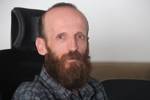

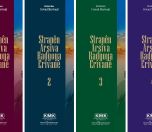
-132.jpg)
